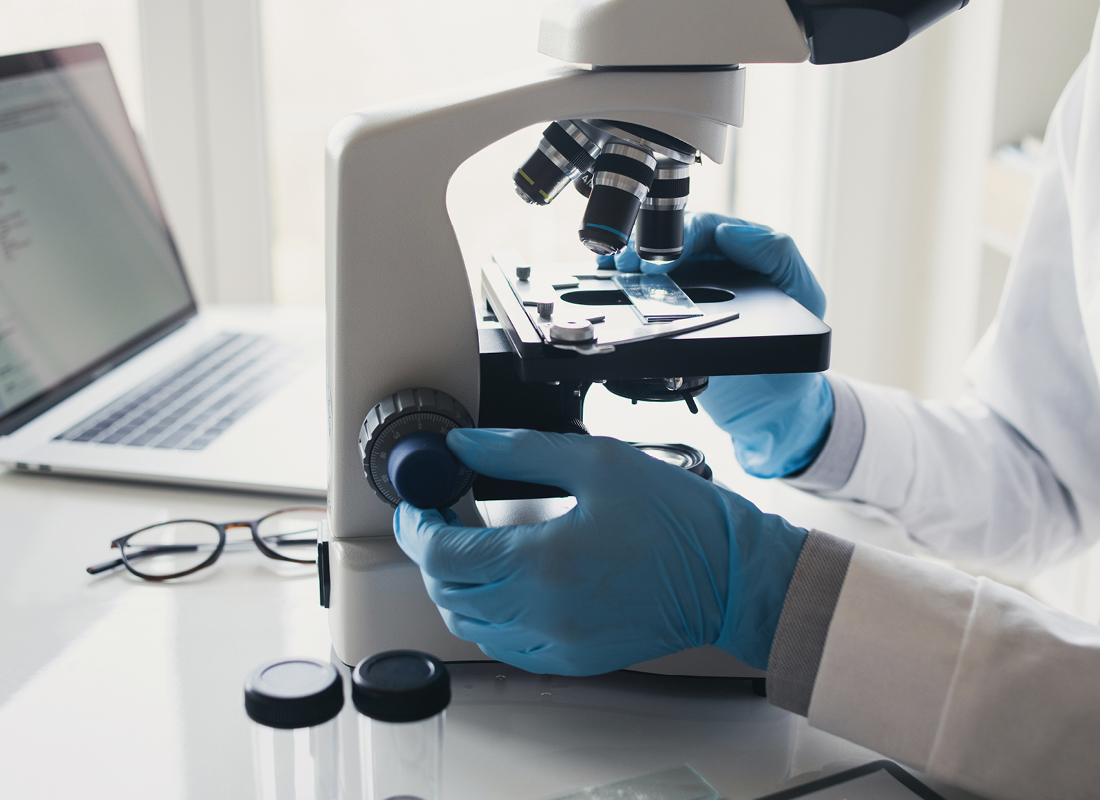Labs In Court: A roundup of recent cases and enforcement actions involving the diagnostics industry
From - G2 Compliance Advisor Case: The feds charged Mercy Hospital with overbilling Medicare and MaineCare for urinalysis tests. Rather than risk a trial, Mercy has agreed to… . . . read more

Maine Hospital Pays $1.51 Million to Settle False Claims Charges
Case: The feds charged Mercy Hospital with overbilling Medicare and MaineCare for urinalysis tests. Rather than risk a trial, Mercy has agreed to shell out $1.514 million to settle the claims.
Significance: The takeaway is how the supposed scam worked. Mercy allegedly made false use of a billing modifier code to receive payment for multiple same-day urinalysis drug screening tests performed at its affiliate, Mercy Recovery Center that did not arise from separate, medically necessary encounters with the same patients on the same days. Result: Mercy separately billed for the urinalysis drug screening tests on a per-test basis instead of bundling and billing the tests as one claim per single patient encounter.
Opioid Subscribing Doctor Convicted in Lab Referral Kickback Scam
Case: Two doctors at a Maryland pain management clinic that prescribed pain relief medications to patients accepted kickbacks to refer all urine tests to a New Jersey lab. Six defendants were charged in the scheme: four of them pled guilty; one of the doctors committed suicide and the other doctor decided to take his chances with a jury. It turned out to be a bad decision. The doctor was convicted of 26 felony charges and now faces the possibility of up to 99 years in prison.
Significance: This case is the most recent example of how the current opioid drug epidemic is influencing the direction of federal health care fraud enforcement. This summer, the Department of Justice unleashed a potent nationwide crackdown on opioid drug abuse, both illegal and prescription. While labs and physicians are not necessarily the primary target, they are well within the range of potential suspects to the extent that urine testing plays a key role in detecting prescription opioid abuse.
Judgment Day for BLS Bribery Strip Club Doctors
Case: Among the three dozen doctors that have so far been convicted for taking bribes from now defunct Parsippany, NJ, Biodiagnostic Laboratory Services LLC (BLS), the Staten Island brothers treated to lap dances at strip clubs may be the most notorious. Now they and one other physician have received their sentences:
| Name | Practice | Allegations | Sentence |
|---|---|---|---|
| George Roussis |
Pediatrician, Staten Island, NY |
Accepted $175K in BLS cash payments for roughly $1.7 million in lab referrals from Oct. 2010-April 2013; BLS also paid for strip club trips, lap dances and sexual favors | 37 months’ prison, one year supervised release + $7,500 fine |
| Nicholas Roussis |
OBGYN Staten Island, NY |
Accepted $175K in BLS cash payments for roughly $1.7 million in lab referrals from Oct. 2010-April 2013; BLS also paid for strip club trips, lap dances and sexual favors | 24 months’ prison, one year supervised release + $5,000 fine |
| Ricky J. Sayegh |
Internal medicine, Yonkers, NY |
Accepted roughly $400K in cash bribes for generating roughly $1.4 million in lab business from Feb. 2010-April 2013 | 30 months’ prison, one year supervised release + $10,000 fine |
| Yousef Zibdie |
Internal medicine, Woodland, NJ |
Accepted $80K worth of monthly bribe checks for generating roughly $930K in illegal lab business for BLS |
Significance: The latest BLS scoresheet: 50 convictions, 36 of them doctors and over $13 million recovered via forfeiture. At least two more doctors are also awaiting sentencing. Stay tuned. . .
Luminex Settles Trademark Suit against Curiox BioSystems
Case: In late August, Luminex filed a federal trademark-infringement lawsuit against Curiox BioSystems for implementing “a wide-ranging scheme to confuse the market” about its affiliation with Luminex and “trick customers into engrafting Curiox’s non-validated parts into the Luminex system. The complaint accuses Curiox of trying “to cobble together an unvalidated Frankenstein-ish system that fails at the very thing assay testing is designed to accomplish —producing accurate test results.” Now comes word that the parties have agreed to settle the case.
Significance:The settlement bars Curiox from stating or implying in its advertising that:
- Its Curiox DA-Bead Plate enables equivalent or better sensitivity, reproducibility or detectability than the Luminex system; and
- The DA-Bead Plate is validated for use with the Luminex system.
Subscribe to view Essential
Start a Free Trial for immediate access to this article